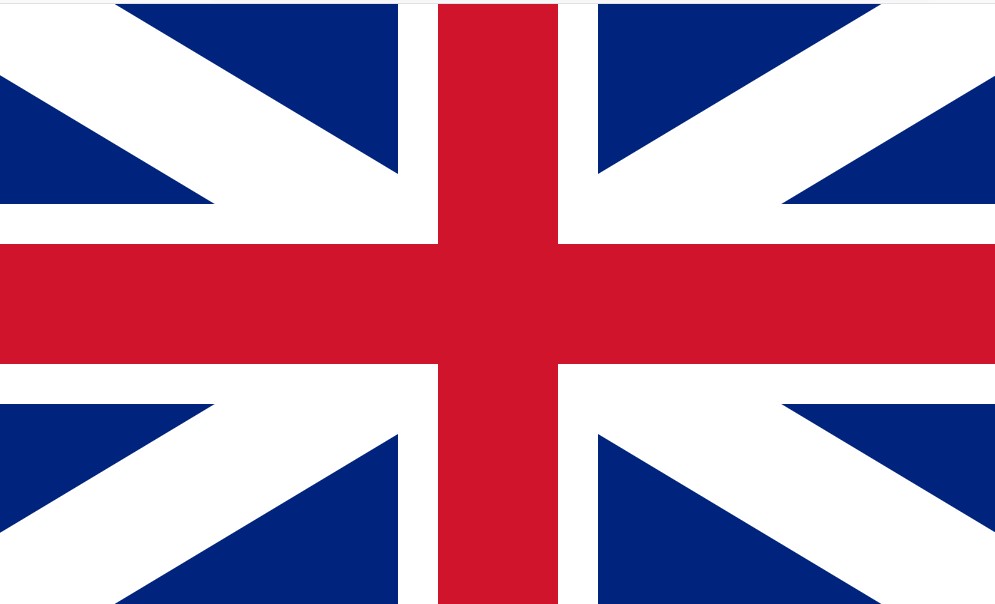The Seven Year’s (world) War comes to an end with the signing of the Treaty of Hubertusburg, between Austria, Prussia and Saxony; along with the signing five days previous of the 1763 Treaty of Paris between the Kingdom of France, Great Britain and the Empire of Spain. While borders in Europe remain unchanged,
- Great Britain obtains all of French North America east of the Mississippi River, except for the islands of Saint Pierre and Miquelon;
- Great Britain receives Florida from Spain;
- Spain acquires all of French North America west of the Mississippi River;
- and three of four disputed Caribbean islands go to Great Britain, with France taking the last.
NOTE: As a consequence of the war, the British national debt nearly doubled, rising from 72,000,000 to almost 130,000,000 Pounds Sterling (silver). The Army of Great Britain had reached its largest size ever (up to this point in time). It was politically unpalatable to quickly demobilize, and put nearly 1,500 well-connected officers out of work. It became politically expedient to maintain a standing army in North America, which angered the colonists.
[restored 6/5/2021]
Subsequent Events:
References:
Treaty of Hubertusburg – Wikipedia
en.wikipedia.org/wiki/Treaty_of_Hubertusburg
Seven Years’ War – Wikipedia
en.wikipedia.org/wiki/Seven_Years%27_War
Treaty of Paris (1763) – Wikipedia
en.wikipedia.org/wiki/Treaty_of_Paris_(1763)
Stamp Act 1765 – Wikipedia, the free encyclopedia
en.wikipedia.org/wiki/Stamp_Act_1765


